Salt is a condiment and preservative that human beings have used for thousands of years. People have deep feelings for it.
Some people say that salt is terrible in what? Who is poisoned by eating salt? If you eat too much salt, just drink two more saliva.
Why do you always say that salt should be limited? The light food is really tasteless.
If you really think so, then you might as well look at the trouble after eating too much salt listed by teacher Fan Zhihong. After reading it, ask yourself if you still want to eat so much salt.
Raise blood pressure
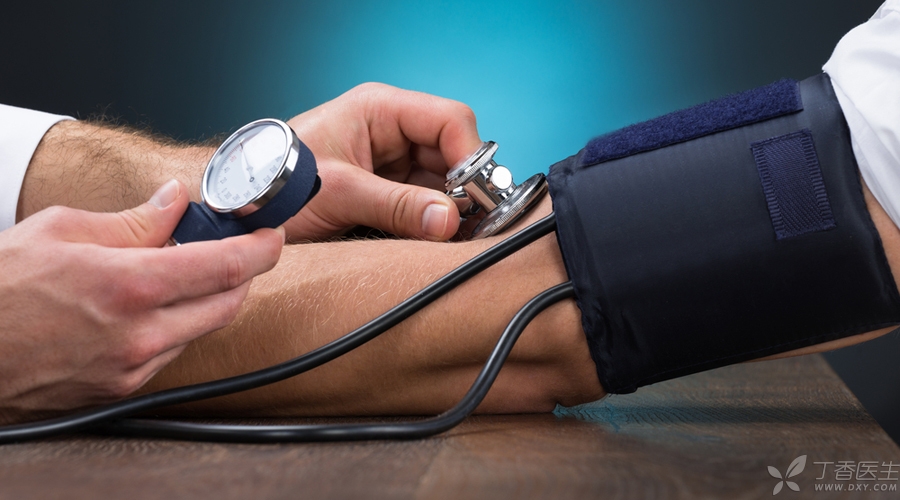
I believe most people know this.
Both animal experiments and epidemiological investigations of a large number of people have found that increased salt intake in the diet will increase hypertension. Hypertension will increase the incidence rate of stroke, heart disease, kidney disease and eye disease.
The recommended daily salt intake is no more than 6g. At present, China’s per capita salt intake exceeds the recommended amount by more than 50%, making it a veritable hypertension country.
In this case, do you want to control salt?
Increasing edema
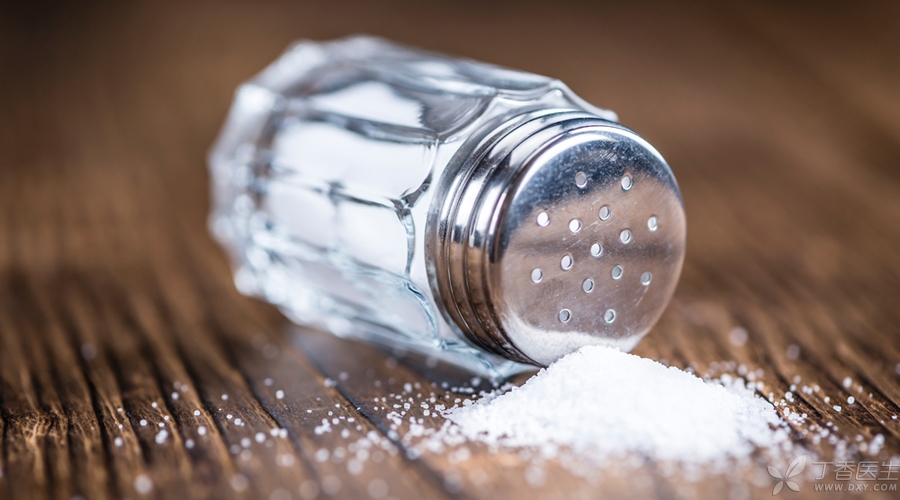
Water retention in the body is closely related to the amount of sodium intake.
Some women with poor blood circulation, although there is no disease in their heart and kidney, are prone to mild edema, especially in the days before menstruation, their faces are easy to look swollen and swollen.
At this time, if you also eat a lot of salt, it will aggravate abdominal distension, face swelling, headache and other discomfort.
Harm one’s throat

After eating foods with high salt content, many people can obviously feel the increase of throat mucus and unclear throat.
People with frequent throat inflammation and cough discomfort should not eat food that is too salty, spicy, fried or smoked.
Fried goods with too much salt on the surface, such as fried melon seeds, fried peanuts, various nuts with salt, etc., and snacks with high salt content such as potato chips, should also be eaten less.
Damage to skin

If you eat more salt, there will be water retention between tissues, showing edema, but the cells themselves may lack water.
As a result, the skin will become dry and moist.
Promoting gastric cancer
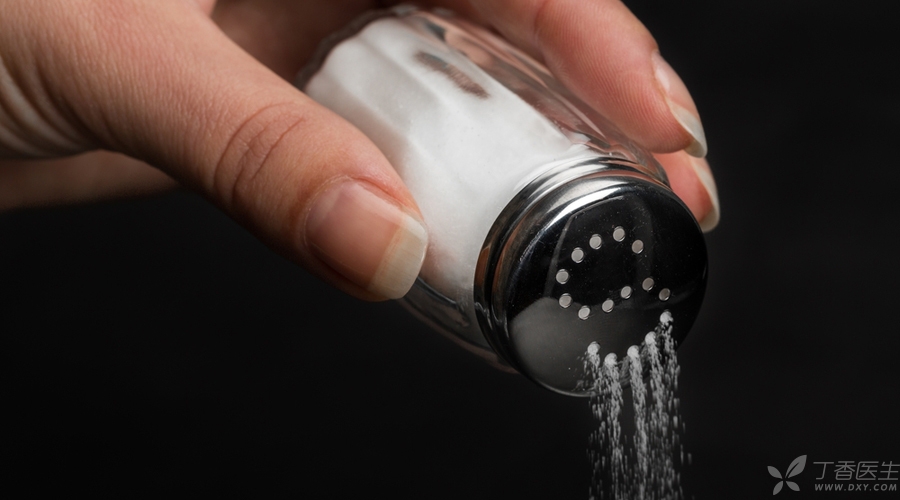
Epidemiological investigation shows that there is a positive correlation between salt intake and gastric cancer risk. In other words, a light diet and less salt is a factor conducive to the prevention of gastric cancer.
The possible reason is that excessive salt will reduce the viscosity of protective mucus in the stomach, reduce its protective effect on the stomach wall, and further promote the occurrence of various stomach diseases.
Loss of calcium
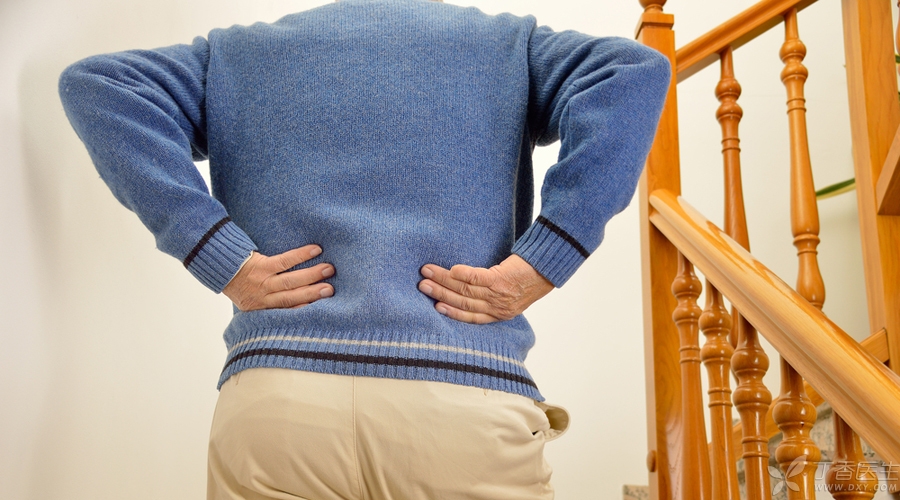
When sodium intake is too high, the body will try its best to excrete sodium, but at the same time it will increase the excretion of urinary calcium.
For Chinese whose calcium intake was already seriously low, this is simply worse.
Therefore, it is wise to follow what osteoporosis treatment doctors often say: “Eating less salt equals supplementing more calcium”.
Reducing nutrition
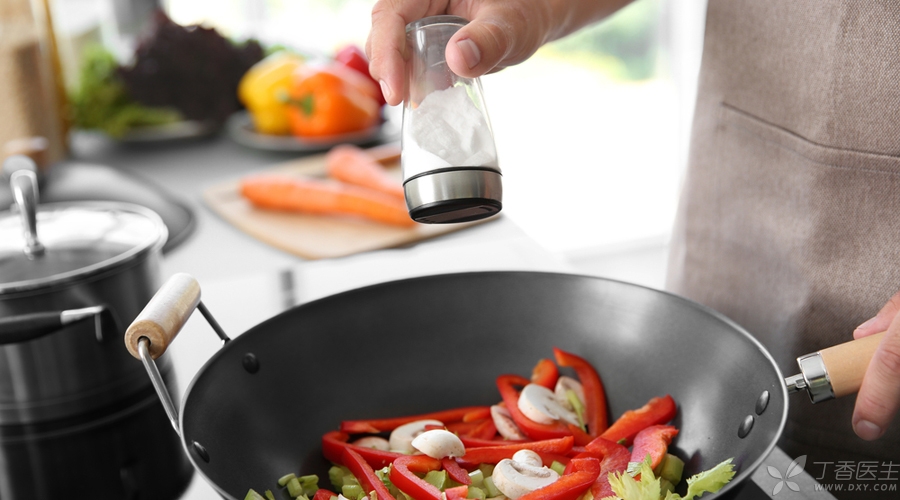
When cooking, especially when frying vegetables, if salt is added early, vegetable tissues will be [pickled] out of water, losing the protection of cell structure, and direct contact with high temperature will increase the loss of water-soluble vitamins such as vitamin C.
At the same time, vegetables are originally the source of potassium, calcium and magnesium, which is beneficial to controlling blood pressure and strengthening bones. Cooking vegetables with more salt will increase the intake of sodium, thus offsetting the health effect of vegetables.
Injury of kidney
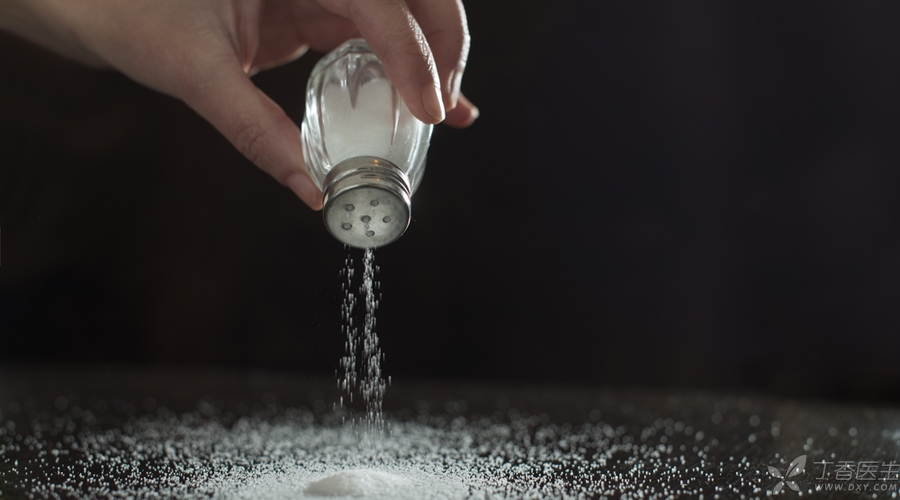
Excess sodium is excreted from the kidney, so eating more salt will greatly increase the burden on the kidney.
People all know that patients with kidney disease should strictly control salt.
However, why can’t we take more care of our kidneys before kidney diseases or renal function damage occur? Why does it always challenge its ability to work with high-salt meals?
Provoke a headache
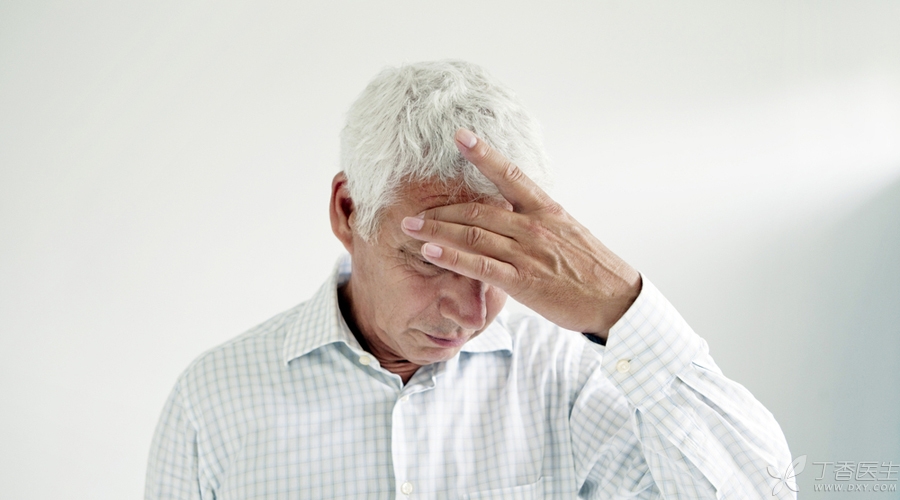
Many people have had such experience that after eating a sumptuous and strong meal, headaches are easy to occur.
A study asked subjects to eat high-salt, medium-salt and low-salt diets for 30 days respectively. The results showed that people who ate 8 grams of salt a day had more than one-third more headaches than those who ate 4 grams of salt. No matter what kind of food they ate, as long as they ate a large amount of salt, they would have the same reaction.
This study suggests that eating more salt may be closely related to headache. Friends who often have headaches and troubles may as well try eating less salt to see if the situation has improved.
Finally, I would like to add another reminder: If you want to eat less salt, you should not only put less salt in cooking, but also put less chicken essence, lobster sauce, oyster sauce and salty sauce.
At the same time, you should eat less fast food and snacks. You know, potato chips, rice crust, candied fruit and so on have high sodium content! Instant noodles, biscuits and sweet drinks should also be drunk less.
